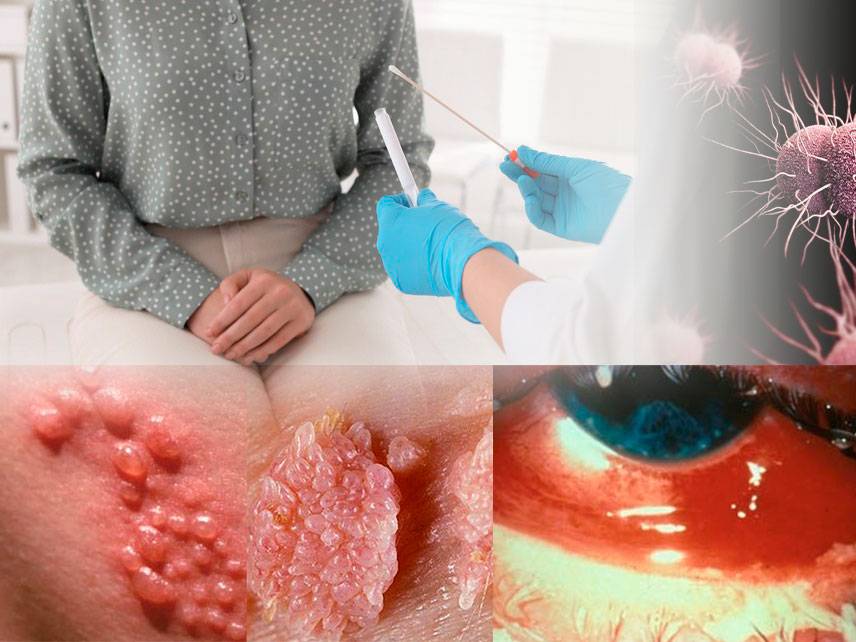Gonorrhea is a sexually transmitted infection caused by the bacteria Neisseria gonorrhoeae. It can affect the genitals, rectum, and throat. It can be passed through vaginal, anal, and oral sex. If left untreated, it can lead to serious health complications.
Signs and Symptoms
Most people with gonorrhea may not experience any symptoms. However, if present, signs and symptoms may occur 2-10 days after exposure to the bacteria and can include:
Genital Area: Painful or burning sensation while urinating, increased vaginal discharge, vaginal bleeding between periods
Rectum: Anal itching, soreness, bleeding, and discharge
Throat: Sore throat
Causes
Gonorrhea is caused by the bacteria Neisseria gonorrhoeae, which is spread through sexual contact with an infected person.
Risk Factors
Having unprotected sex and having multiple sexual partners increases the risk of contracting gonorrhea.
Prevention
The only sure way to prevent gonorrhea is to abstain from sexual contact. If you are sexually active, using condoms during sexual intercourse can reduce the risk of contracting gonorrhea.
Diagnosis
Gonorrhea is usually diagnosed through a physical exam, a urine test, or a swab of the affected area.
Treatment
Gonorrhea is usually treated with antibiotics. It is important to take all of the prescribed medication, even if the symptoms have disappeared.
Coping and Support
If you have gonorrhea, it is important to let your sexual partners know so that they can be tested and treated as well.
Complications
If left untreated, gonorrhea can cause serious health complications, including pelvic inflammatory disease, infertility, and an increased risk of HIV.
Living with Gonorrhea
If you have been diagnosed with gonorrhea, it is important to abstain from sexual contact until you have been tested and treated. It is also important to practice safe sex and get tested regularly for other sexually transmitted infections.
Gonorrhea is a sexually transmitted infection caused by the bacteria Neisseria gonorrhoeae. It can affect the genitals, rectum, and throat. Most people may not experience any symptoms, but those that do may experience burning while urinating, increased vaginal discharge, and sore throat. To prevent gonorrhea, it is important to abstain from sexual contact or use condoms during sexual intercourse. If you have been diagnosed with gonorrhea, it is important to take all of the prescribed medication and practice safe sex.
Gonorrhea can cause serious health complications if left untreated, so it is important to get tested and treated as soon as possible.





